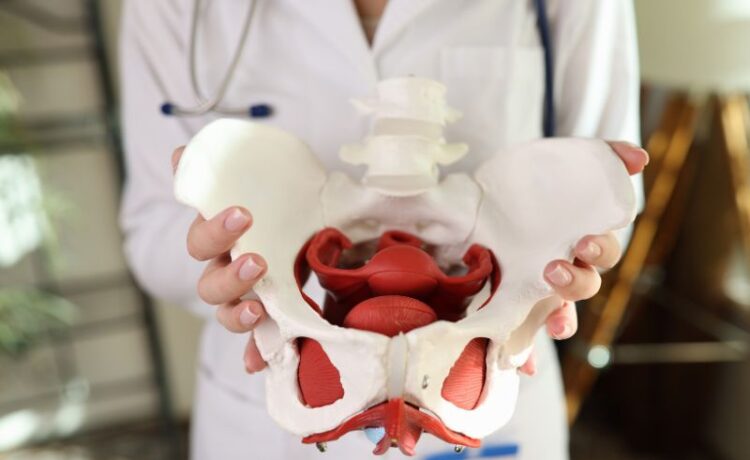Pelvic Congestion Syndrome (PCS) can cause chronic pain and discomfort. The role of vascular surgeons is crucial in treating this condition. These specialists focus on veins and arteries, offering expert care and solutions. Understanding PCS and its impact is important for effective treatment. Just like Evergreen Park carotid stenting improves blood flow to the brain, specific procedures can alleviate PCS symptoms. Vascular surgeons provide targeted interventions that aim to restore normal function and improve quality of life.
What is Pelvic Congestion Syndrome?
Pelvic Congestion Syndrome occurs when veins in the pelvic region become enlarged and painful. This often results from weakened vein walls and valves. PCS can lead to persistent pelvic pain, especially after standing or sitting for long periods. It’s like a traffic jam in the pelvic veins, causing discomfort and sometimes affecting daily activities.
Symptoms and Diagnosis
Recognizing the symptoms of PCS is key to seeking treatment. Common signs include:
- Chronic pelvic pain
- Pain during or after intercourse
- Swelling in the lower abdomen
Diagnosis usually involves imaging tests like ultrasound or MRI. These tests help identify enlarged veins and other abnormalities. A thorough examination by a healthcare professional is essential to confirm PCS.
Role of Vascular Surgeons
Vascular surgeons play a pivotal role in managing PCS. They use their expertise to assess the condition and recommend suitable interventions. The main goal is to relieve pain and improve vein function. Common procedures include embolization, where tiny coils or agents block problematic veins, rerouting blood flow to healthier pathways.
Comparison of Treatment Options
| Treatment Option | Procedure | Benefits |
|---|---|---|
| Embolization | Non-surgical, blocks problematic veins | Minimally invasive, quick recovery |
| Surgery | Removes or ties off veins | Effective for severe cases |
| Medication | Manages symptoms | Non-invasive, can be combined with other treatments |
Recovery and Outcomes
Recovery from PCS treatment varies based on the procedure. Embolization often allows quick return to normal activities. Surgery might need a longer recovery period. Most patients experience significant pain relief after treatment. Regular follow-ups with a vascular surgeon ensure proper healing and monitor any recurrence of symptoms.
Prevention and Lifestyle Changes
Although PCS isn’t always preventable, certain lifestyle changes might help manage or reduce symptoms:
- Regular exercise to promote healthy blood flow
- Maintaining a healthy weight to reduce pressure on veins
- Avoiding prolonged sitting or standing
These small changes can make a big difference in overall vein health.
Resources for Further Reading
To learn more about managing PCS and the role of vascular surgeons, consider exploring resources from reputable institutions:
- Mayo Clinic
- NHS on Varicose Veins
These links provide valuable information on symptoms, treatments, and self-care strategies.
Conclusion
Understanding PCS and the role of vascular surgeons offers hope for those affected. Through targeted treatment and lifestyle changes, many find relief from chronic pain. If PCS symptoms persist, seeking the expertise of a vascular surgeon is a proactive step towards improved health and well-being.










